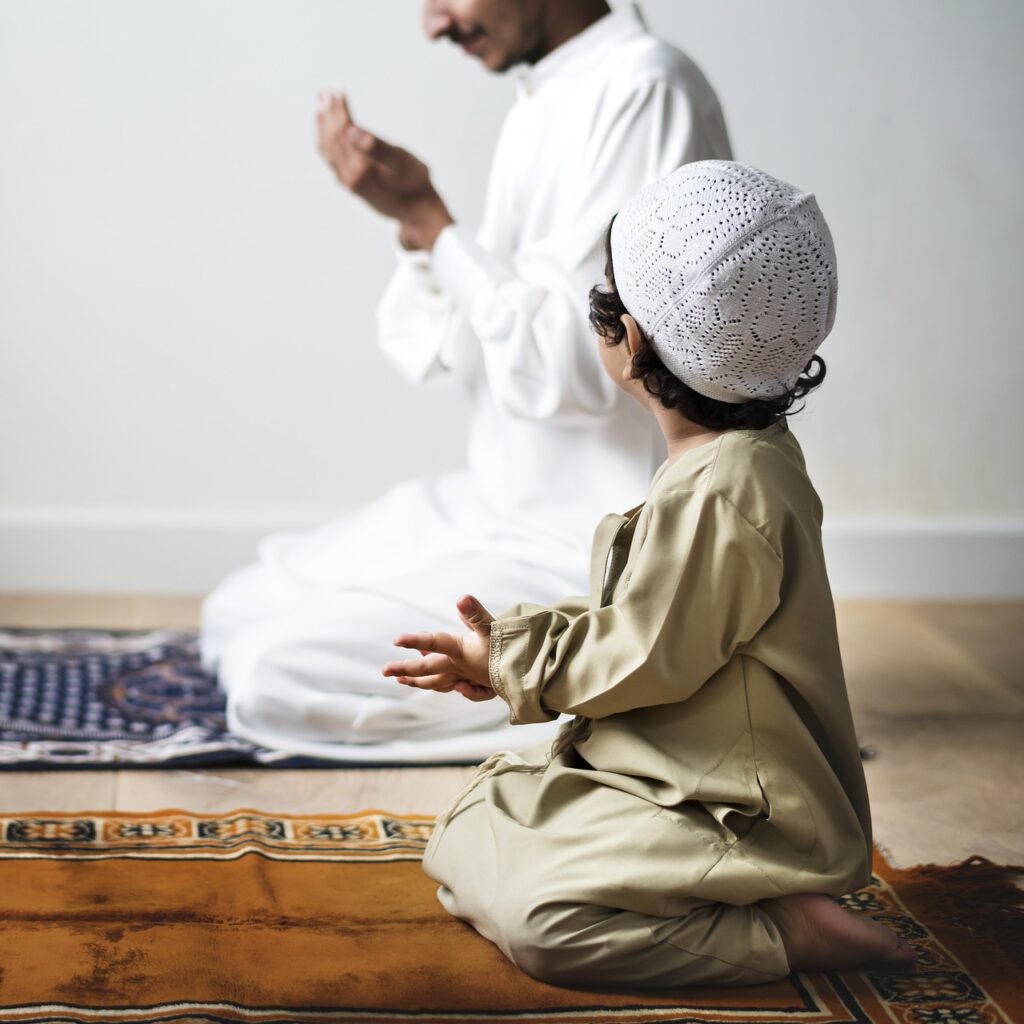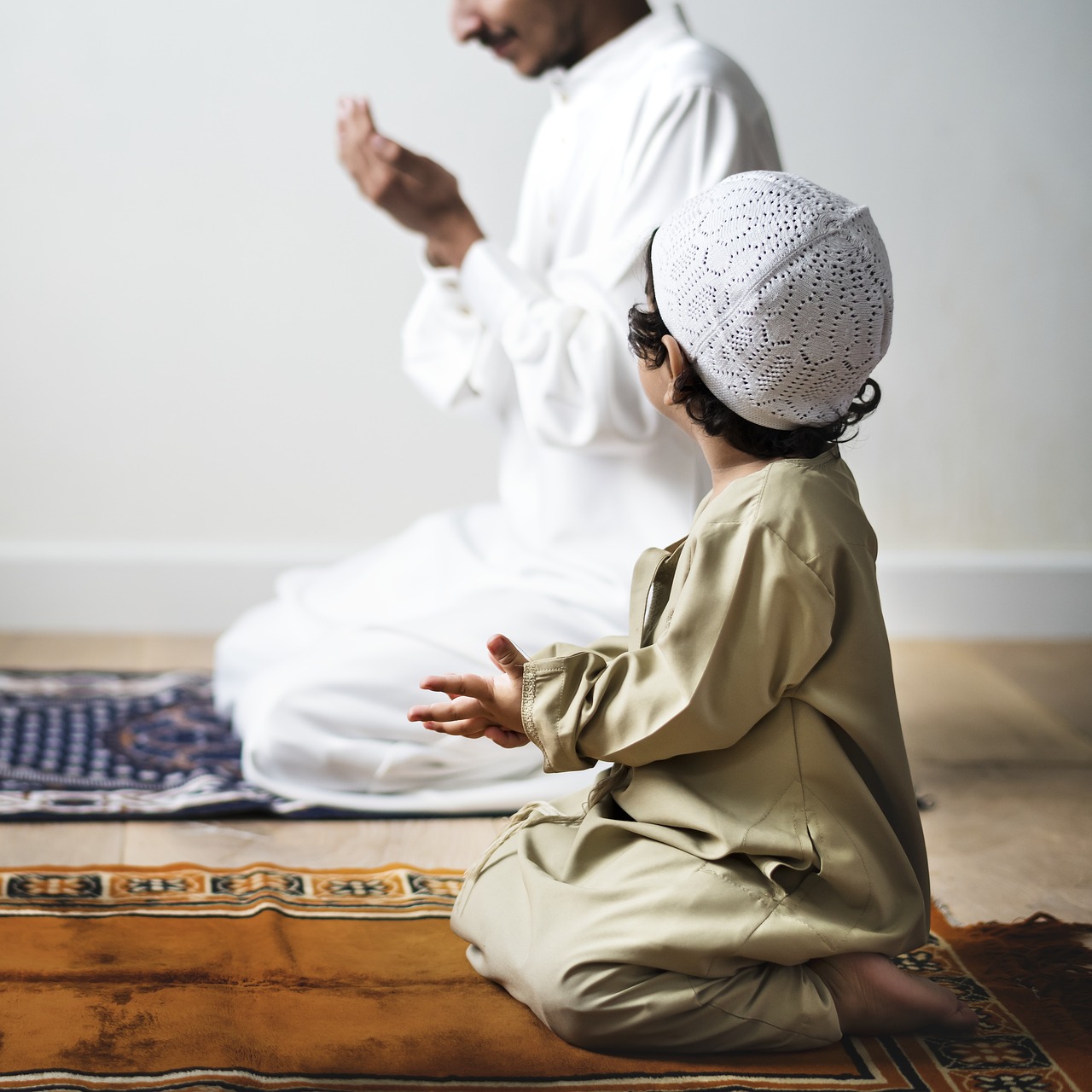Invocation – Dua for Seeking All Good for Your Children
Invocation - Dua for Seeking All Good for Your Children

Parents constantly seek ways to ensure the best for their children in terms of education, health, and spiritual development. In Islam, dua (supplication) is a powerful tool that allows parents to connect with Allah, seeking His guidance and blessings for their children. This article explores effective duas for seeking all good for your children, their importance, and how online Islamic courses from institutes like Al-Dirassa can help instill these values in young hearts.
Al-Dirassa Institute provides an excellent platform for parents looking to enhance their children’s Islamic education. By enrolling your children in online courses, they can learn about the teachings of Islam, including the power of Dua, and how to incorporate them into their daily lives. This education not only fosters spiritual growth but also instills values that will guide them throughout their lives.
Best Dua for Seeking Good for Your Children
While there are countless duas for children, the following are particularly noteworthy:
Dua for Protection: “اللّهُمَّ احْفَظْهُم بَعْدَ أَنْ تَحْفَظَ النُّفُوسَ” (“O Allah, protect them after You have protected souls.”)
Dua for Guidance: “اللّهُمَّ اجْعَلْهُم مِنَ الصَّالِحِينَ” (“O Allah, make them among the righteous.”)
Dua for Knowledge: “اللّهُمَّ أَفْقِهْهُم فِي الدِّينِ” (“O Allah, grant them understanding in the religion.”)
Book your free trial lesson
Don’t want to go through the translation anymore?
30 free minutes with your qualified Egyptian teacher.
The Best Times to Make Dua for Your Children
During Prayer (Salah): One of the most rewarding times to make dua is during your daily prayers. It is recommended to ask for your children’s well-being in the final sitting of prayer.
In the Early Morning: The early hours of the morning are blessed, making it a perfect time for sincere dua.
On Fridays: Friday is known as a day of mercy and blessings in Islam. Making dua for your children on this day holds great significance.
When Breaking Fast: During Ramadan or on any fasting day, your dua is particularly accepted when breaking your fast.
How to Make Effective Dua
To maximize the effectiveness of your dua, consider the following tips:
- Sincerity: Approach Allah with a sincere heart, recognizing His greatness.
- Consistency: Make dua regularly, incorporating it into your daily routine.
- Specificity: Be specific about what you want for your children; the more detailed the dua, the better.
- Accompany with Good Deeds: Engage in righteous actions, as this enhances the acceptance of your dua.
Benefits of Making Dua for Your Children
Protection: Seeking Allah’s protection for your children helps shield them from harm and negative influences.
Guidance: Duas can help your children navigate their paths in life, instilling good values and decisions.
Success and Prosperity: Regularly praying for your children’s success cultivates an environment conducive to growth and achievement.
Spiritual Development: Teaching your children the importance of Dua nurtures their spirituality and reinforces their connection to Allah.
Online Learning Opportunities
Al-Dirassa Institute offers flexible online learning opportunities for children. These courses are designed to be engaging and age-appropriate, making it easier for children to absorb and understand Islamic teachings. By combining the power of Dua with structured education, parents can foster a well-rounded upbringing for their children.
Teaching Your Children the Power of Dua
Incorporating Dua into your family life is essential for nurturing a strong spiritual foundation. Here are some strategies for teaching your children about the significance of Dua:
Modeling Behavior: Let your children see you make Dua regularly. This modeling behavior will encourage them to adopt the practice.
Explaining the Meaning: Teach your children the meanings of the Duas you recite. Understanding the significance of each prayer can deepen their connection and make them feel empowered.
Encouraging Personal Duas: Encourage your children to make their own Duas, fostering a personal relationship with Allah. This practice cultivates independence in their spiritual journey.
Sharing Stories: Share stories from the Quran and Hadith that highlight the importance and effectiveness of Dua. These narratives can inspire your children and reinforce the value of prayer.
Dua is a powerful tool for parents seeking the best for their children. By regularly making Dua for their protection, guidance, and success, you create a spiritual environment that nurtures growth and resilience. Coupled with quality education through platforms like the Al-Dirassa Institute, you are equipping your children with the tools they need to navigate life’s challenges successfully.
As you integrate the practice of Dua into your daily life, remember that your prayers are a testament to your love and commitment to your children’s well-being. Through the combination of spiritual and educational resources, you are not only preparing them for a successful future but also ensuring they have a deep-rooted connection with their faith. May Allah bless your efforts and grant you and your children all that is good in this life and the Hereafter.
Chosen and Trusted by Thousands of Satisfied Learners
Discover the experiences of our delighted clients who have thoroughly enjoyed utilizing this standout feature.
Alhamdulillah I‘m very pleased with the arabic and Qur’an lessons I receive from teacher Umm Tasneem and I‘m also content with the al-dirassa administration team who were very quick in answering any questions I had. In a month I progressed a lot and I cannot wait to continue my studies with al-dirassa. May Allah reward everyone at al-dirassa.
Verified review - view original
My Qur’an teacher is fantastic, she teaches me in a loving and kind way where I look forward to the lessons and learn so much. My Arabic teacher is equally as nice and has a lot of patience with me, she has great expertise in the field and I’ve progressed really quickly with her. Thank you Al-dirassa!
Verified review - view original







